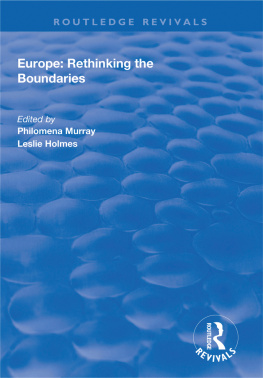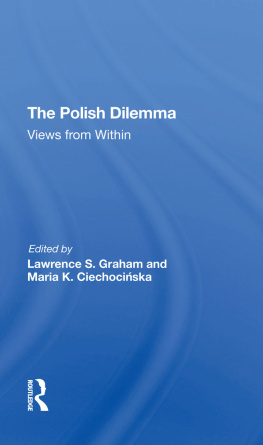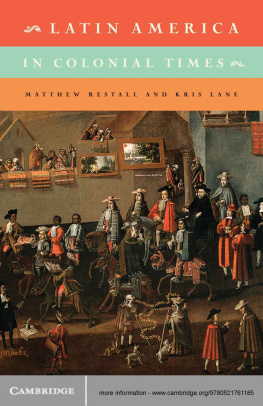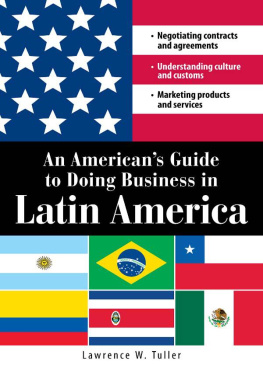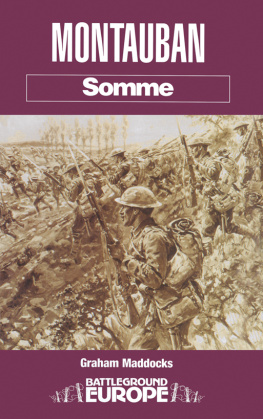First published 1993 by Westview Press, Inc.
Published 2019 by Routledge
52 Vanderbilt Avenue, New York, NY 10017
2 Park Square, Milton Park, Abingdon, Oxon OX14 4RN
Routledge is an imprint of the Taylor & Francis Group, an informa business
Copyright 1993 Taylor & Francis
All rights reserved. No part of this book may be reprinted or reproduced or utilised in any form or by any electronic, mechanical, or other means, now known or hereafter invented, including photocopying and recording, or in any information storage or retrieval system, without permission in writing from the publishers.
Notice:
Product or corporate names may be trademarks or registered trademarks, and are used only for identification and explanation without intent to infringe.
Library of Congress Cataloging-in-Publication Data
Graham, Lawrence S.
The Portuguese military and the state: rethinking transitions in Europe and Latin America / by Lawrence S. Graham.
p. cm.
Includes bibliographical references and index.
ISBN 0-8133-8613-6
1. Civil-military relationsPortugal. 2. PortugalPolitics and government1974- I. Title.
JN8515.G73 1993
322'.5'09469dc20
93-25302
CIP
ISBN 13: 978-0-367-29524-0 (hbk)
Since one of the objectives in writing this book has been to bring into focus 20 years of research on Portugalpublished in a variety of articles, chapters, and edited booksit is appropriate to begin by acknowledging the fact that this research has been greatly facilitated by contact, discussion, and debate with other scholars in Portugal and in the United Stato. While there are many, many people with whom I have interacted over the years in going to and from Portugal, my understanding and love for things Portuguese is due first of all to colleagues in Portugal. Among them specific mention should be made of Mrio Bacalhau, Manuel Braga da Cruz, Antnio Barreto, Manuel Villaverde Cabrai, Manuel de Lucena, Antnio Costa Pinto, and Jos Blanco. In the United States four individuals stand out: Miguel Bensaude, Thomas Bruneau, Stanley Payne, and Douglas Wheeler. I also would like to thank Suzanne Colwell, Department of Government, at The University of Texas at Austin for her help with preparing this project for publication.
However, in acknowledging the gratitude I owe these people for support, especially at times when it has been difficult professionally to sustain an interest in Portugal within the United States, none of the ideas or interpretations included herein should be attributed to them. The interpretations made and the conclusions reached are entirely my own. I have endeavored to be succinct in my interpretation of Portuguese affairs to see if I might elicit the interest of others, busy with their own pursuits and agendas, so that they might pause for a moment and consider what has been going on in contemporary Portugal.
The years entailed in getting from 1971, when I first travelled to Portugal, to 1992 coincide with events in Portugal which provide insight into and an understanding of a broader world in transition during the 1970s and the 1980s and which transcend the experience of any one particular national community. While a great deal has been written on the transitions from authoritarian to democratic rule, first in Southern Europe, later in South America, and more recently in Eastern Europe, Portugal's transition has received much less attention, except for a monographic literature that speaks to the uniqueness of the Portuguese case. However, as the scope of these transitions has broadened to embrace not just politics but economics as well, the Portuguese case has become more relevant in that its problems with political, economic, and social change are more akin to those encountered in the transitions in the Balkans than those that have taken place elsewhere in Southern Europe or South America.
This perspective, when applied to the Portuguese-speaking world at large, has led me to conclude that now more so than ever there is a place for work in the social sciences that is Luso-Brazilian in focus. In studies of language and culture such a perspective is an old one and has continued to produce a literature that spans Europe, South America, and Africa. But in the study of politics, the state, and society this perspective has never been considered relevant, except perhaps in its appropriation by the ultras (right-wing nationalists) to shore up a collapsing imperial state in the late 1960s and early 1970s and to justify Portuguese colonialism in Africa. Yet, as a consequence of having re-entered Lusophone Africa (through applied work on the Angolan and Mozambican transitions from 1989 through 1992) and more recently having returned to Brazil after eight years (to evaluate applied work on citizenship, social movements, and labor organizations outside the state), I have become convinced that there is much to be gained by comparing and contrasting the "triangulation" of institutions and cultures linking together Portugal, the African countries of Angola and Mozambique, and Brazil.
The point of departure in this case is Portugal since its 1974 revolution. The underlying paradigm is centered in a re-examination of Raymundo Faoro's classic Os Donos do Poder: Formao do Patronato Poltico Brasileiro. perceptions of the political world without looking first at the military institution and the relationships that have evolved between the state, civil society, and the military over time.
In the evolution of the state in the Luso-Brazilian world, the interaction between civilian and military bureaucrats has been continuous enough so that civilian and military bureaucracy are in a real sense inseparable insofar as bureaucratic roles are to be viewed within the framework created by the state, or what I will frequently call throughout this book "the state apparatus." During the monarchical era this could be seen in the attachment of what were called "civilian and military households" to the royal household. Today both in Brazil and Portugal this practice continues in the Office of the Presidency of the Republic in what are called in Portuguese a casa civil and a casa militar. It is only now that the official ideology of state socialism, adapted and applied to Angola and Mozambique at independence, is being stripped away that it is becoming possible to reenter the bureaucratized world of government there, to understand these parallels in the conceptualization of the relationship between state and society, coupled with the severe constraints placed on state power in those transitions as a consequence of prolonged conflict.
Before these larger parallels can be addressed and the theme of maintaining the integrity of national territory in the face of considerable diversity can be engaged, it becomes essential first to block in the particulars of the Portuguese case, since it is there that this type of state has its originsbefore one interjects the very different experiences of each of these other societies in equally different parts of the world. At the center of this conceptualization lies the problem of how to analyze a state that is weak institutionally but quite successful in its ability to transmit cultural values that emphasize maintaining a sense of national community in the face of adversity. There are, for example, enormous differences among Portugal, Brazil, and Mozambique. These differences have led scholarsparticularly those in the United States writing within the established traditions of European, Latin American, and African studiesto use a geographic point of reference and to overlook what I would call the distinctiveness of the world the Portuguese created through their overseas expansion. Yet in all three transitionsalbeit with each at very different points in confronting state building, nation building, and modernization pressuresa framework for governance has evolved that has had the capacity to emphasize the values of survival through its ability to socialize governing elites into ways of thinking and acting that lead to the definition and maintenance of a national community, despite circumstances to the contrary. Within each of these transitions, current elites (those who hold power) are engaged once again in the reformulation of state apparatuses (through which one can govern today) and in the redefinition of national communities (with the capacity to reduce the divisiveness of localism) in the latter part of the twentieth century.






